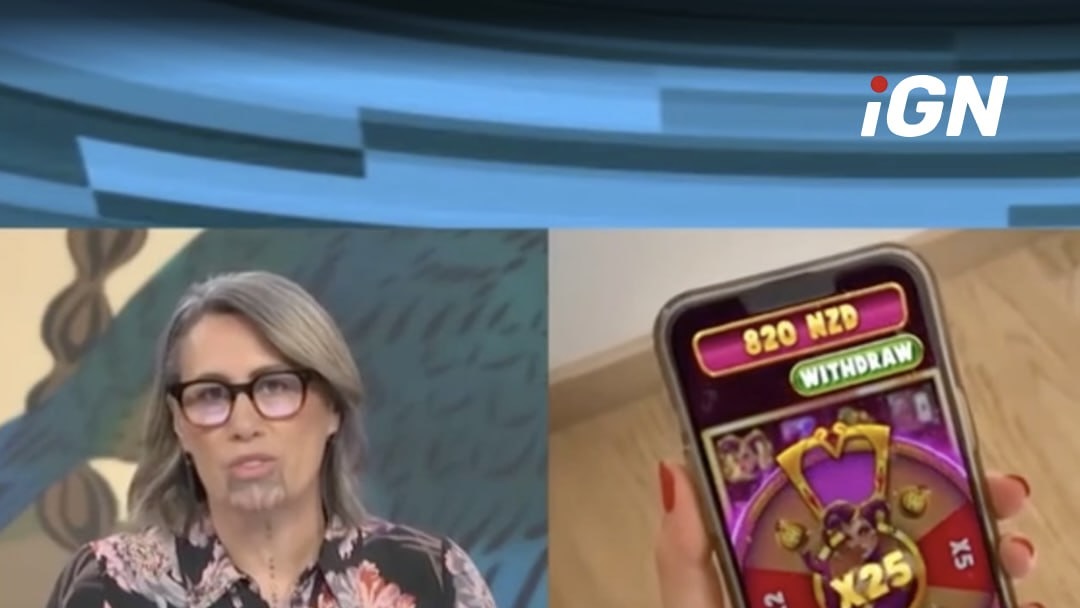Deepfake and Online Casinos: How the Māori Community Got Caught in a Scandal

Fake Ads Featuring Familiar Faces
In New Zealand, a scandal erupted after a deepfake video emerged featuring popular TV host Jenny-May Clarkson and director Taika Waititi.
Their likenesses were generated by artificial intelligence to promote an offshore online casino called Māori Game — without their consent.
Clarkson issued a statement on air:
“I want to be clear — that was not me. My face and voice were used without my knowledge.”
Why Is This Important?
The use of well-known Māori figures to promote online gambling has raised public concern. According to the Ministry of Health, Māori people are three times more likely to experience problem gambling compared to other ethnic groups in the country.
Expert Opinion:
Jason Alexander, director of the Māori health organization Hāpai Te Hauora, noted that while such videos may seem harmless, they are actually dangerous:
“When viewers see a familiar and trusted face, they believe the product is safe. This creates a false sense of security.”
Why Are Māori Particularly Vulnerable?
- Poverty and Financial Stress: Gambling is seen as a potential way out of hardship.
- Availability: Half of all slot machines in the country are located in the poorest neighborhoods.
- Rise of Māori Influencers promoting offshore casinos for money.
What Is the Government Doing?
The New Zealand government is preparing reforms:
- Online casino licensing is planned for 2026.
- Up to 15 licenses will be auctioned off.
- Companies will be required to pay VAT, a 12% gambling tax, and a levy for gambling harm prevention.
- Grant support for communities is excluded, which has sparked criticism.
Efforts are also underway to combat illegal advertising — some influencers have already received warnings. The fine for each violation can reach up to 10,000 NZD.
Key Points to Remember
- Māori are the Indigenous Polynesian people of New Zealand, making up about 17% of the population.
- Their language, culture, and traditions are protected by law.
- The use of their likeness and influence to promote gambling poses a direct threat to the community’s health and well-being.
